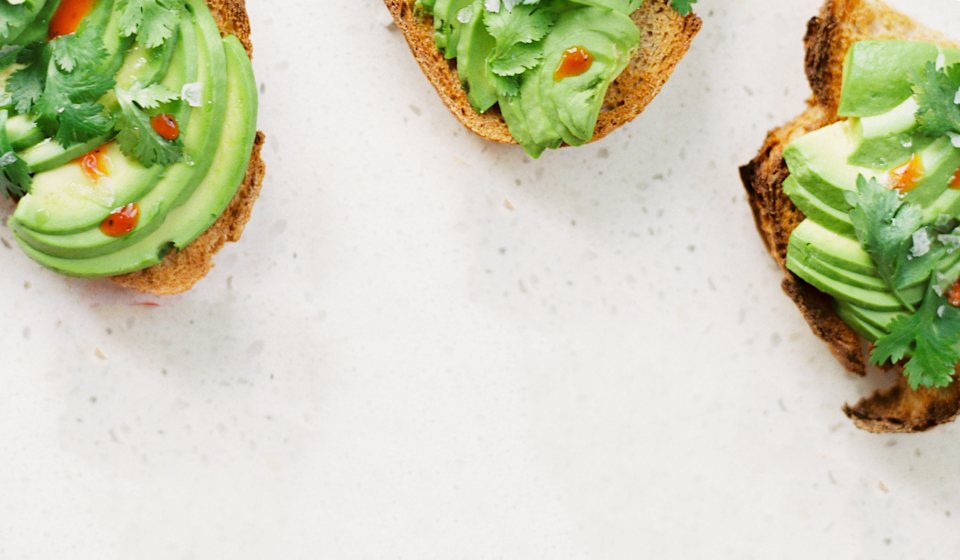Essential Takeaways
- We often talk about building positive habits. But what about breaking the not-so-great ones?
- A psychologist shares his perspective on clearing out bad habits to make room for better ones—and it might be easier than you think.*
Quit biting your fingernails. Stop hitting the snooze button every morning (and rushing to get ready for work). Cut fast food or soda out of your diet.
It doesn’t matter who you are—everyone has at least a few habits they’d like to leave behind in favor of healthier or more productive behaviors. But wanting to break a bad habit isn’t enough. Actually breaking a bad habit—and adopting new, healthier behaviors in its place...like taking a multivitamin—requires more than just a desire to do better.
So how, exactly, do you leave old habits behind for newer, better behaviors?
How Do Habits Work?
Before you can understand how to break bad habits, it’s important to first understand how habits work. “Every habit follows roughly the same psychological pattern, so if a person wrests control of the pattern, then they can break from their habit loop,” explains Dr. Brian Wind Ph.D., Clinical Psychologist, adjunct professor at Vanderbilt University, and Chief Clinical Officer at addiction treatment center JourneyPure.
The habit loop is made up of three different components: the cue, the routine, and the reward. “Every habit starts with the cue, which precedes the urge to engage in a specific behavior: [for example] it’s noon, therefore my stomach growls,” says Wind. “Then we move on to the routine, or the behavior that we’d like to change: walk to the coffee shop. Next comes reward, the satisfaction of the craving, like buying and eating a cookie.”
When you first engage in the cue-routine-reward cycle, it’s new to the brain—and because it’s new, it engages the prefrontal cortex, the area of the brain responsible for decision making. But with time and repetition, the cycle will start engaging your basal ganglia (1), the area of the brain responsible for instinctual behaviors.
Once that happens, the three-part cycle becomes an automatic response—and a habit is born.*












